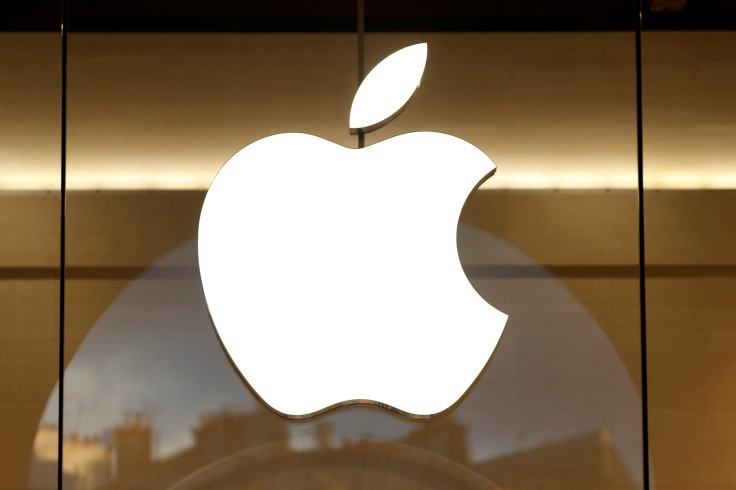Apple iPhone 8 to get rid of an essential feature; Next iPhone could be the most expensive yet

Everybody is anticipating the launch of the iPhone 8. Apple is expected to boost its upcoming smartphone with features never before seen on previous iPhone models, which is the Cupertino, California-based tech titan’s way of celebrating its decade-long dominance of the mobile phone industry. A new report reveals that Apple is set to remove an essential feature from the iPhone 8, though, just like when it got rid of a basic phone component from the iPhone 7 and iPhone 7 Plus.
Apple will reportedly remove the Touch ID fingerprint recognition feature from the iPhone 8 and instead utilise a front-facing 3D laser facial recognition scanner in its place. While this is certainly not as drastic a change as the removal of the 3.5 mm headphone jack from the current iPhone 7 variants, it may prove to bring about some inconvenience to certain users. Facial recognition involves a slightly more complex unlocking process compared to fingerprint identification as users will have to position the handset right to the face, which can be awkward for some and inadvisable when on the move.
As Forbes noted, facial recognition tend to be unreliable at times especially to those who use eye accessories like spectacles, sunnies or contact lenses. But facial recognition is said to be safer and more secure to use than fingerprint recognition, especially in mobile pay transactions. Facial recognition is likewise dependable on wet conditions where Touch ID fingerprint recognition has a tendency to be inconsistent.
According to JPMorgan analyst Rod Hall (via MacRumors), the 3D laser scanner could ultimately be utilised for other purposes like AR (augmented reality), which is something that Apple CEO Tim Cook is a fan of. Cook previously talked about the potential of AR and how much more engaging it is compared to VR (virtual reality).
“One obvious and potentially most compelling use would be AR/VR experiences in which the user’s hands and other real world objects are being scanned and integrated into a field of view provided by the iPhone mounted into a Google Daydream-like headset,” Hall’s research note stated. “This would open up many interesting entertainment and gaming experiences not available today and might give Apple something extra in an AR/VR accessory compared to Google and others.”
Unfortunately for the fans, innovation is expensive. The special anniversary edition iPhone will reportedly start selling for about US$1,000 (AU$1,310). And whether Apple decides to call its next smartphone iPhone 8 or iPhone X (in reference to the 10th anniversary), one thing is for sure: it’s going to be much improved, packed with new features and without a doubt more costly than any previous iPhones.
RELATED STORIES:
Volta, the world’s strongest cross-device magnetic charger is reversible and Australian made [VIDEO]
Apple TV with 4K capabilities reportedly launching this year
Apple iPhone 7 vs Sony Xperia XZ: Battery performance review and comparison






